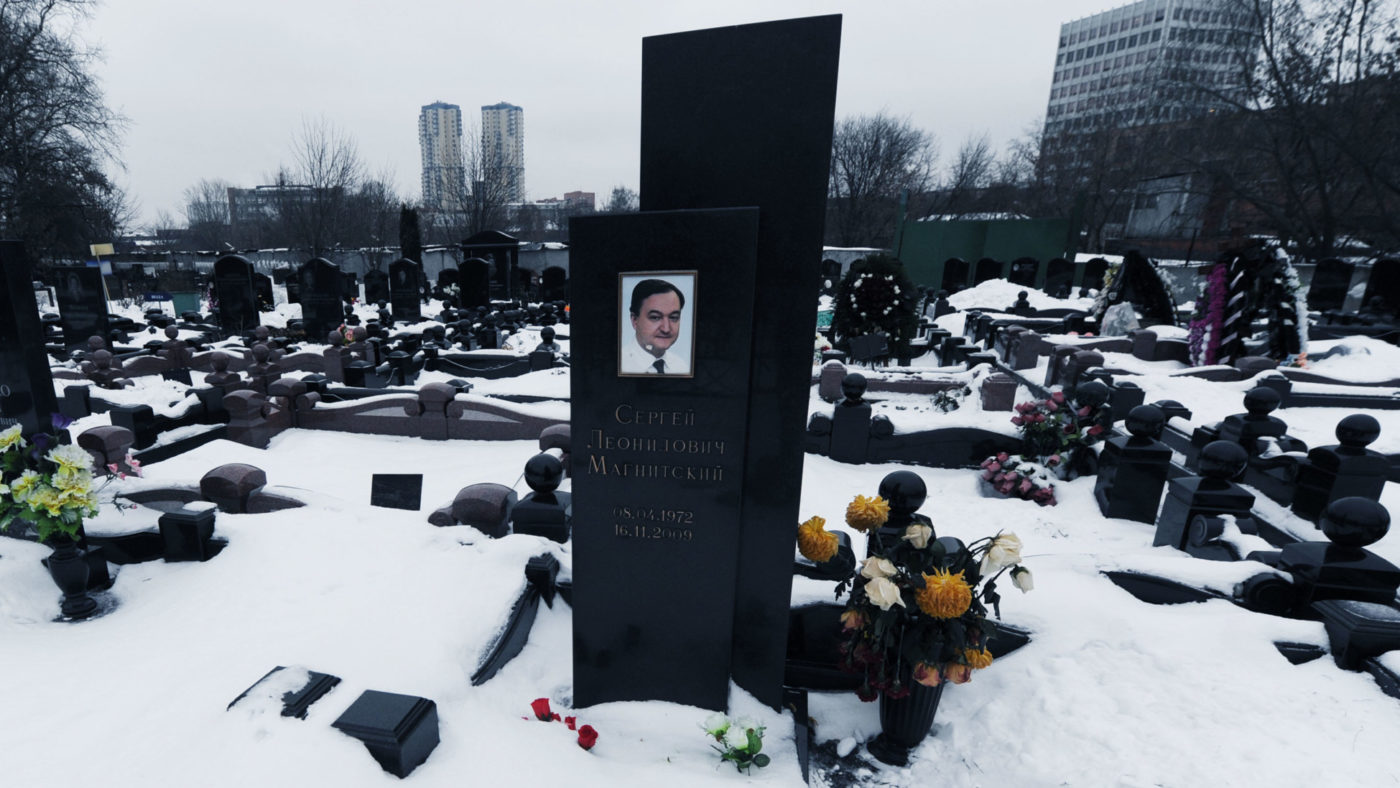Many politicians in Westminster think there is little the UK can do by itself to deter Russia’s aggression. From Ukraine to Syria and from conventional warfare to cyber warfare, the thinking goes, an effective response to the challenges Russia poses can be formulated and implemented only when the West acts in unity.
Over the past two decades or so, Russia has played divide-and-rule games between Western countries and within them. The aim has been to weaken individual states and multilateral rules-based organisations, and to create the perception that the targeted country is isolated and indefensible. With such a perception, these countries are vulnerable to the Kremlin’s influence. Individually, Western countries are – on the whole – weaker than Russia. But together, these same countries are stronger than Russia. This is one of the reasons why Russia sees the EU and Nato as existential threats.
But the UK is not just any Western country. It is a Permanent Member of the UN Security Council, the world’s fifth-largest economy, and Europe’s second-largest military. It is also, importantly, where many Russians choose to do business and invest, educate their children, and live. Included in this are mafia bosses, oligarchs, current and former members of Vladimir Putin’s elite, and all manner of individuals who have made millions from Russia’s transformation into a grotesque kleptocracy since the end of communism.
For decades, successive governments tiptoed around the problem. The City welcomed Russian money with open arms. Accountants, financiers, lawyers, and regulators facilitated this. So too did estate agents, PR firms, and other enablers of high-level money laundering. David Cameron’s government put joint efforts against corruption (and tax avoidance) at the top of the agenda when it chaired the G8 summit meeting in 2013, and in 2016 he hosted an anti-corruption summit in London. But then Brexit happened and those efforts faded away.
Now, a number of MPs are trying to force the government to take action. A Bill (the “Sanctions and Anti-Money Laundering Bill”) currently being considered by the House of Commons will establish a new framework for implementing sanctions after Brexit. During the Second Reading of the Bill, on Tuesday, an amendment was introduced that would introduce specific powers for ministers to freeze the assets of individuals guilty of “gross human rights abuses” and ban them from Britain. If passed, it would be known as the “Magnitsky Amendment”.
Sergei Magnitsky was a 37-year old Russian accountant and auditor who, in 2008, alleged there had been a US$230 million (£150 million) theft from the Russian state that was sanctioned and carried out by Russian officials. He found that money paid to settle tax bills had been siphoned off to Russian government officials. When Magnitsky went public with his allegations, the very people whose crimes he had uncovered arrested and imprisoned him. He died in Moscow’s Matrosskaya Trishina Prison, on November 16 2009, having been regularly tortured and denied medical treatment.
The US has shown leadership on this issue. In 2012, President Obama signed into law the so-called “Magnitsky Bill”, which barred Russian officials involved in Magnitsky’s death from entering the US or using its banking system. In 2016, the scope of the bill was extended to include human rights abusers from every country. It is now known as the Global Magnitsky Human Rights Accountability Act. Estonia, Canada, and Lithuania have all adopted similar legislation since.
Russia’s Achilles heel is its dependence on the Western financial system. Its elite uses capital markets and payment systems to launder their loot and legitimise their ill-gotten wealth. Because of this, there would likely be a response from the Kremlin if the Magnitsky Amendment passed into UK law. However, we should not overly concern ourselves with what shape this would take; the Kremlin’s behaviour is rarely predictable and more rarely still proportionate. In response to the United States’ adoption of the Magnitsky Bill, Russia banned Americans from adopting Russian orphans.
But the Magnitsky Amendment is not anti-Russian, nor is it based on Russophobia. The amendment would also apply to individuals from other countries around the world who are guilty of human rights abuses and who come to London to live and do business. When the US State Department announced the first list of individuals sanctioned under the Global Magnitsky Act, in December, it included a general from Myanmar implicated in ethnic cleansing, a retired Pakistani colonel suspected of illicit organ trafficking, and the daughter of the late dictator of Uzbekistan. Alarmingly, each of the 13 people on that list is able to travel to the UK.
As with all pieces of proposed legislation, there is a long way to go yet. But if the UK is to be a global leader on human rights post-Brexit, then a Magnitsky Amendment to the Sanctions and Anti-Money Laundering Bill is a necessary step in that direction. Without this, we appear weak, divided, and hypocritical.


